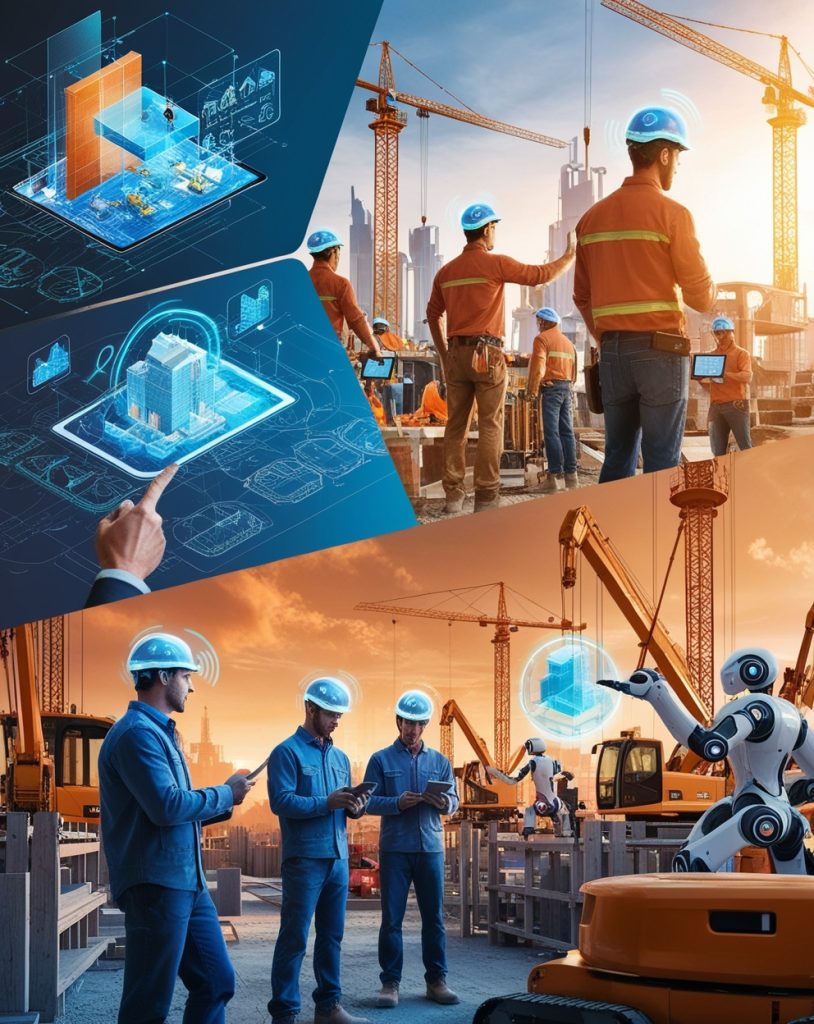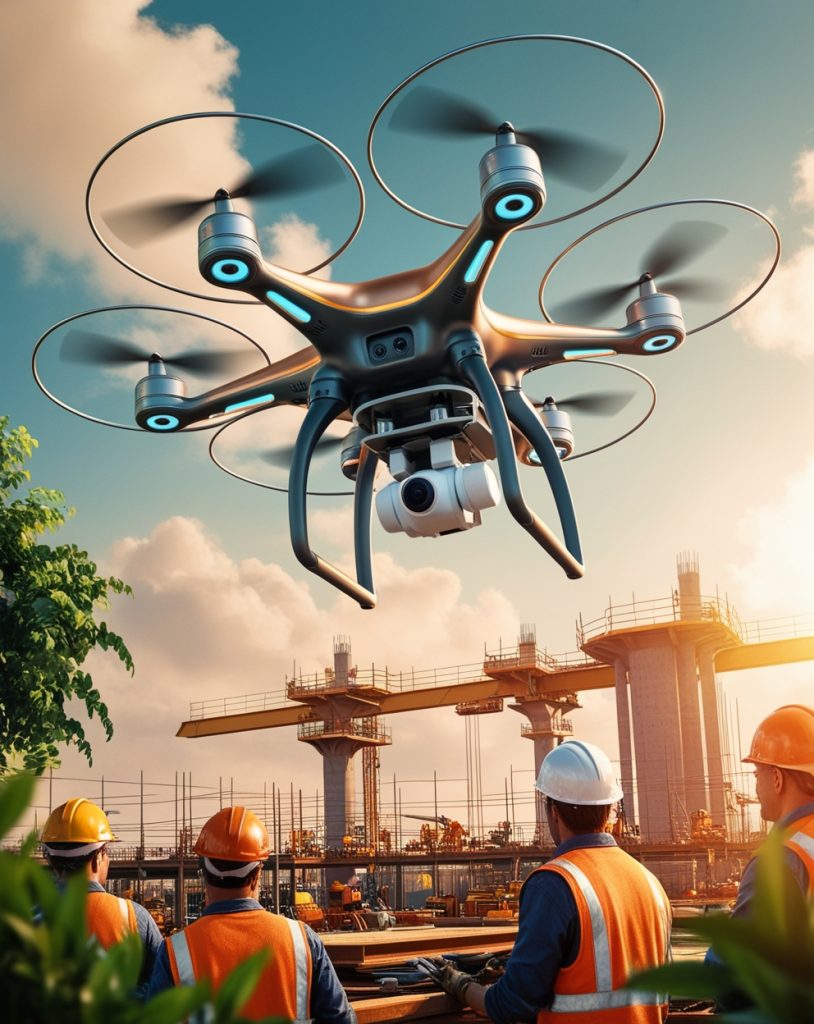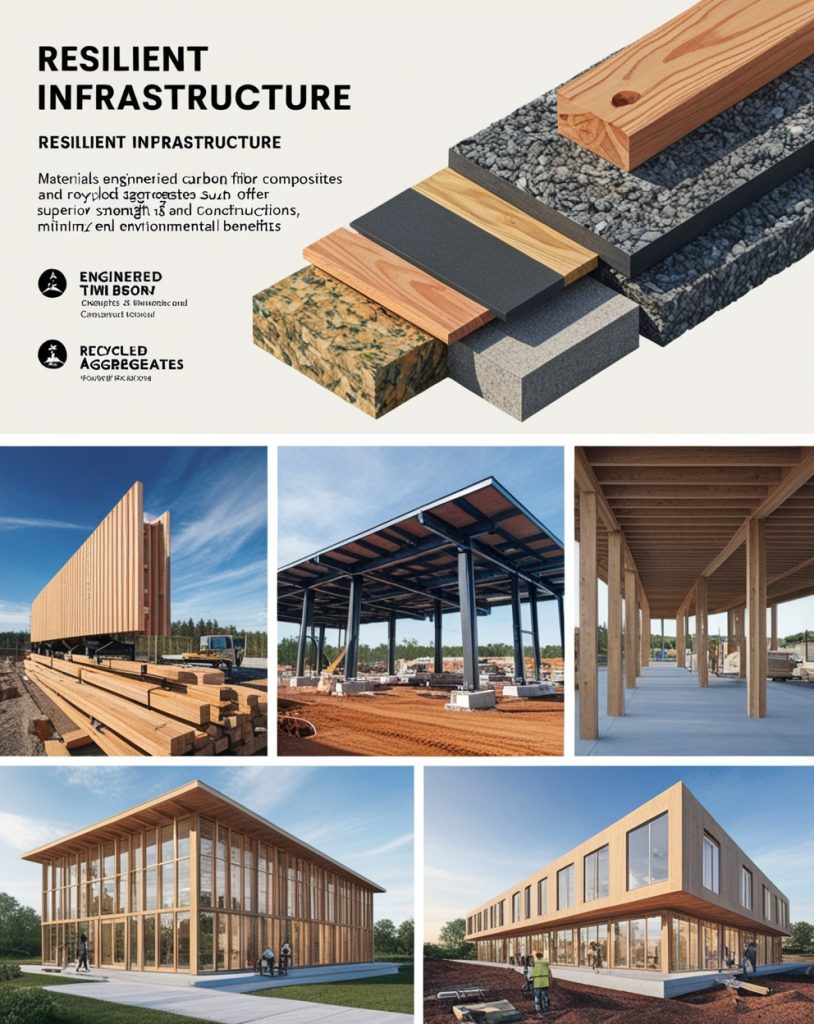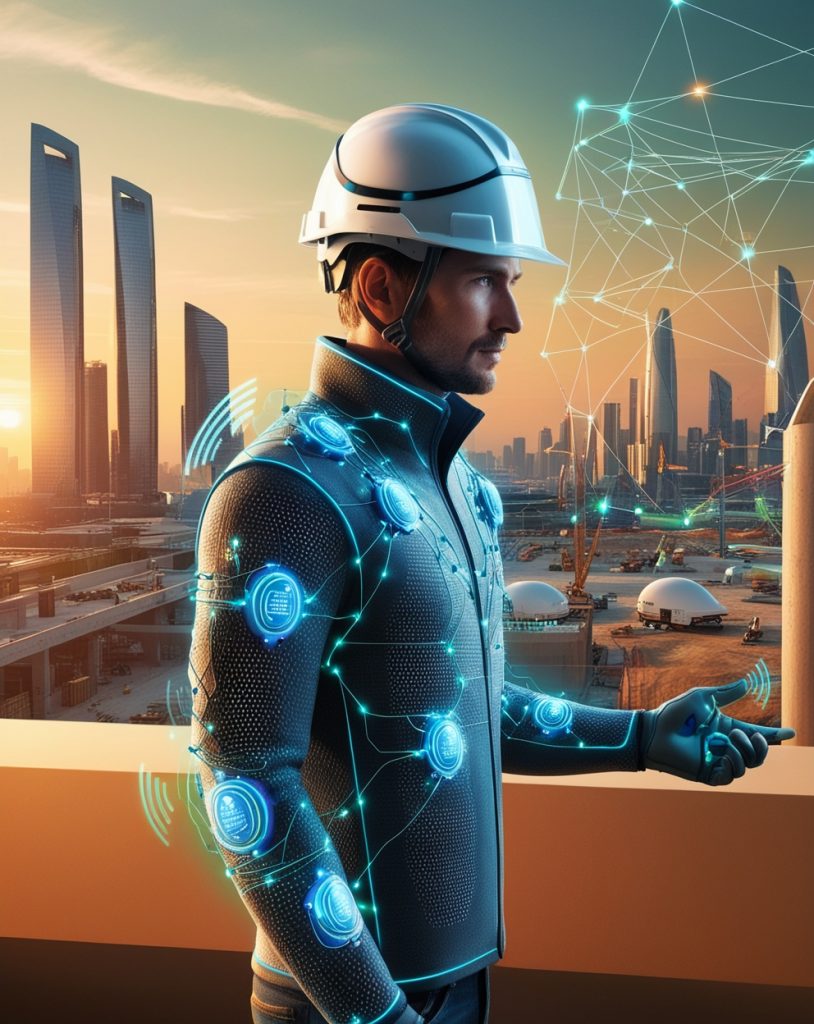The construction industry, traditionally known for its reliance on manual labor and conventional methods, is undergoing a significant transformation fueled by technological advancements. In recent years, various technologies have revolutionized every aspect of construction, from planning and design to execution and maintenance. This article explores the profound impact of technology on the construction sector, highlighting key innovations and their benefits.
Introduction to Technological Advancements in Construction
Technological integration in construction has ushered in an era of efficiency, safety, and sustainability. It encompasses a wide array of innovations, including Building Information Modeling (BIM), drones, robotics, and advanced construction materials. These technologies collectively aim to streamline processes, enhance precision, and mitigate risks associated with traditional construction methods.
Building Information Modeling (BIM) and Its Benefits
Building Information Modeling (BIM)

stands out as one of the most transformative technologies in the construction industry. Unlike traditional 2D blueprints, BIM enables comprehensive 3D digital representations of buildings or infrastructure projects. This approach facilitates better collaboration among stakeholders, improves project visualization, and enables early detection of design clashes. Moreover, BIM enhances project efficiency by optimizing construction sequencing and reducing material wastage.
Robotics and Automation in Construction

The integration of robotics and automation has significantly enhanced construction site operations. Robots are increasingly employed for repetitive tasks such as bricklaying, welding, and excavation, thereby reducing labor-intensive activities and enhancing productivity. Automated machinery and equipment not only accelerate project timelines but also improve safety conditions by minimizing human exposure to hazardous environments.
Utilization of Drones for Enhanced Site Management

Drones have emerged as invaluable tools for construction site management and surveillance. Equipped with high-resolution cameras and sensors, drones provide real-time aerial insights into project progress and site conditions. Construction managers leverage drone data for accurate topographical mapping, site surveying, and monitoring of construction activities. This technology enables proactive decision-making, cost-effective resource allocation, and adherence to project timelines.
Advancements in Construction Materials and Techniques

Technological innovations have also revolutionized construction materials and techniques, paving the way for sustainable and resilient infrastructure. Materials such as engineered timber, carbon fiber composites, and recycled aggregates offer superior strength-to-weight ratios and environmental benefits. Additionally, prefabrication and modular construction techniques enhance efficiency, reduce construction timelines, and minimize onsite disruptions.
Integration of Artificial Intelligence (AI) for Predictive Analytics

Artificial Intelligence (AI) is increasingly utilized in the construction industry for predictive analytics and decision support. AI algorithms analyze vast amounts of historical project data to forecast potential risks, optimize resource allocation, and enhance project cost estimation accuracy. Machine learning algorithms further refine these insights over time, enabling continuous improvement in project management practices and operational efficiency.
Enhancing Safety and Sustainability Through Technology

Safety remains a paramount concern in construction, and technology plays a crucial role in enhancing safety standards. Wearable technologies equipped with sensors monitor workers’ health metrics and alert systems for potential hazards, thereby reducing accidents and promoting a safer work environment. Furthermore, technologies promoting sustainable construction practices, such as energy-efficient building systems and renewable energy integration, contribute to reducing the industry’s carbon footprint.
Future Trends and Innovations in Construction Technology

Looking ahead, the future of construction technology promises even more disruptive innovations. Trends such as 5G-enabled construction sites for real-time connectivity, augmented reality (AR) for immersive project visualization, and blockchain technology for transparent project management and supply chain efficiency are poised to reshape the industry landscape. Embracing these advancements will be crucial for construction firms aiming to stay competitive in a rapidly evolving market.
Conclusion
In conclusion, technology has become the cornerstone of innovation and progress in the construction industry. From enhancing operational efficiency and project management to improving safety standards and sustainability practices, technological advancements continue to redefine traditional construction methodologies. Embracing these technologies not only drives profitability and operational excellence but also ensures the industry’s readiness to meet future challenges and opportunities head-on.
By harnessing the power of Building Information Modeling, robotics, drones, artificial intelligence, and sustainable materials, construction firms can navigate complexities and achieve transformative outcomes in today’s dynamic marketplace.
Disclaimer : The Images featured in the article are intended to illustrate concepts and ideas and may not necessarily depict practical, real-world scenarios. Actual results or outcomes may vary. All images are used under fair use principles for educational and illustrative purposes.


